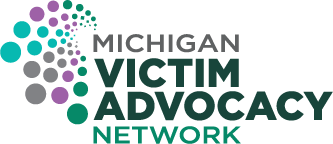Research to Practice: Mistreatment of African American Elders
This Research to Practice Brief synthesizes scholarship and research exploring the mistreatment of African American elders in the United States. Of the existing literature, it is clear that institutional racism across the lifespan and correlates of economic deprivation, social injustice, and health disparities expose older African Americans to a greater risk of abuse. Within the African American community, sociocultural values, beliefs, and traditions impact the ways in which elder mistreatment is defined, understood, and reported. Effective prevention and treatment of abused elders requires competent and culturally literate services, resources, education, and awareness.
Key points from the research:
- The legacy of slavery, structural racism, forced segregation, and the impact of ongoing oppressions contribute to systemic inequity and marginalization which increase older African Americans’ susceptibility to abuse.
- Ethnocultural perceptions and sensitivities impact how mistreatment is defined, described, and addressed by African American elders.
- African American elders’ conceptions of their capacity to access safety and healing through systems-based responses is multilayered, tainted by their experience of oppression and racial and complex traumas.
- Understanding how the African American community conceptualizes abuse is essential to developing culturally relevant adult protections and abuse interventions.
- Federal funding and legislation are needed to advance better understanding of cultural diversity and issues of elder mistreatment in the African American community.
